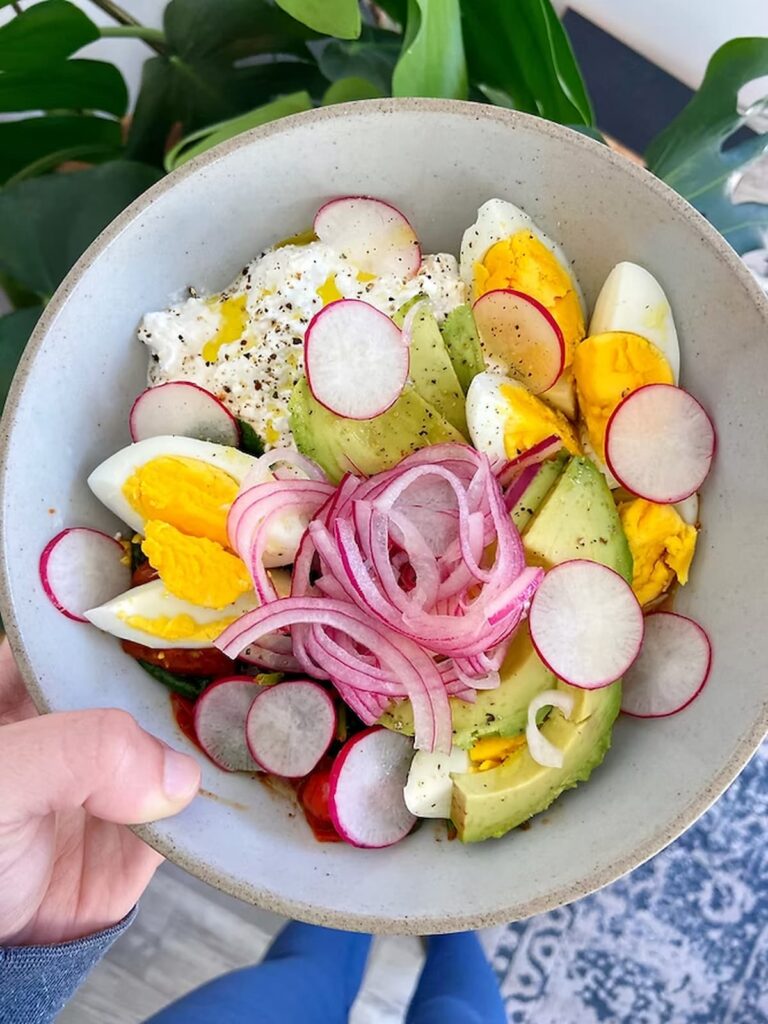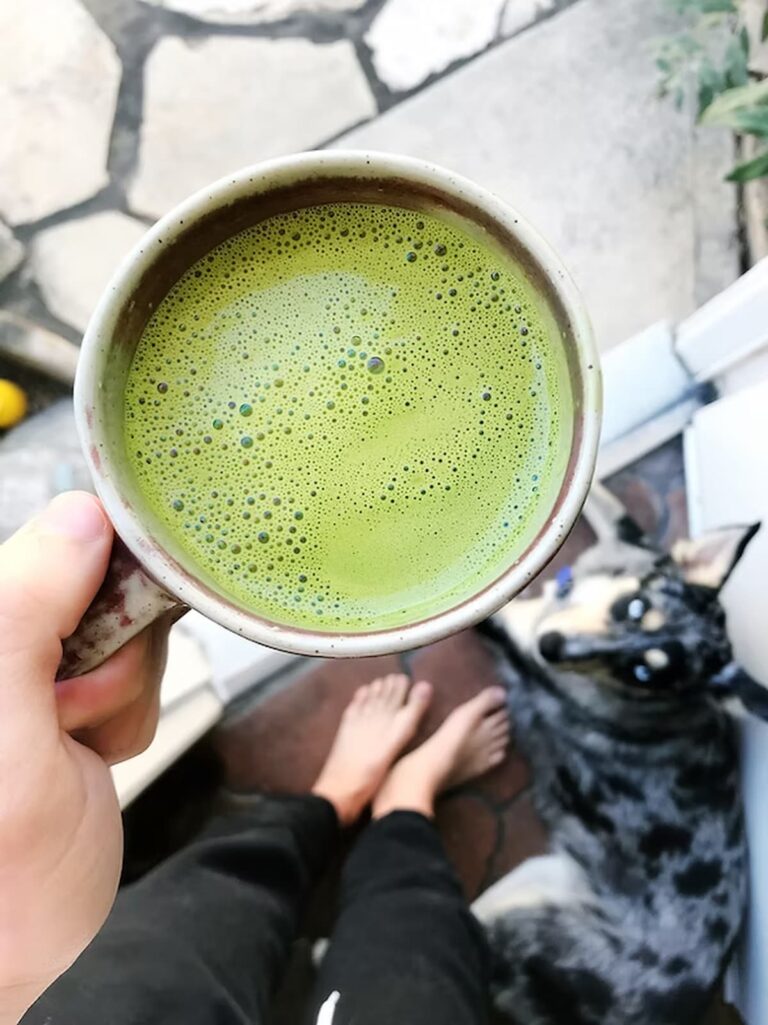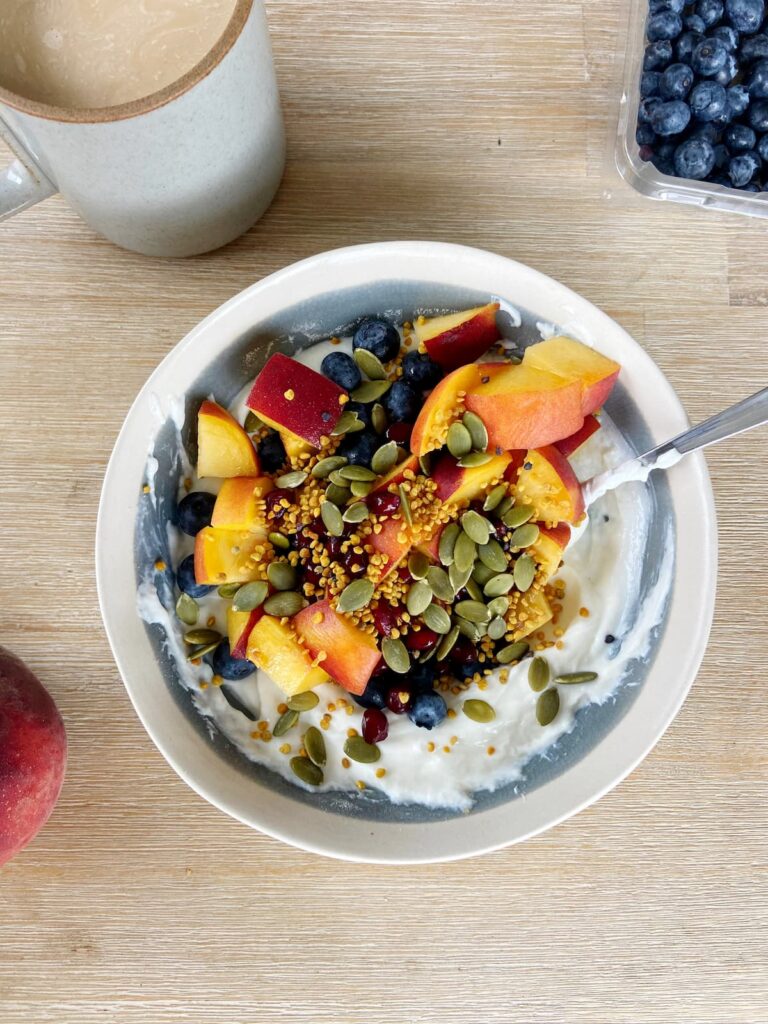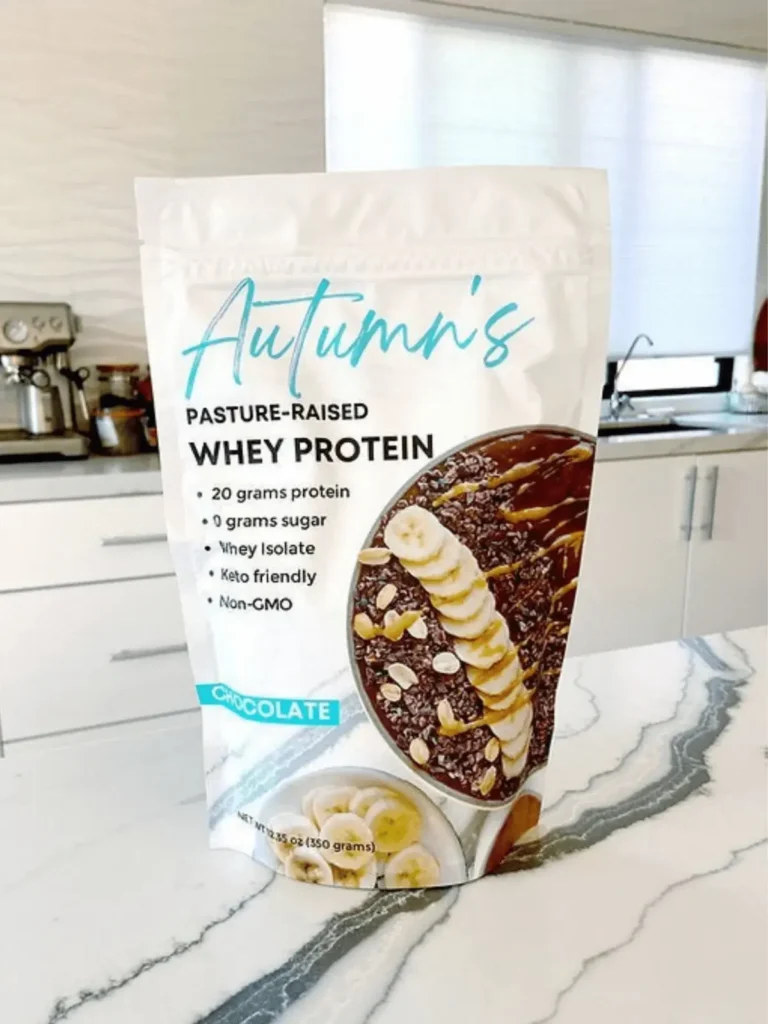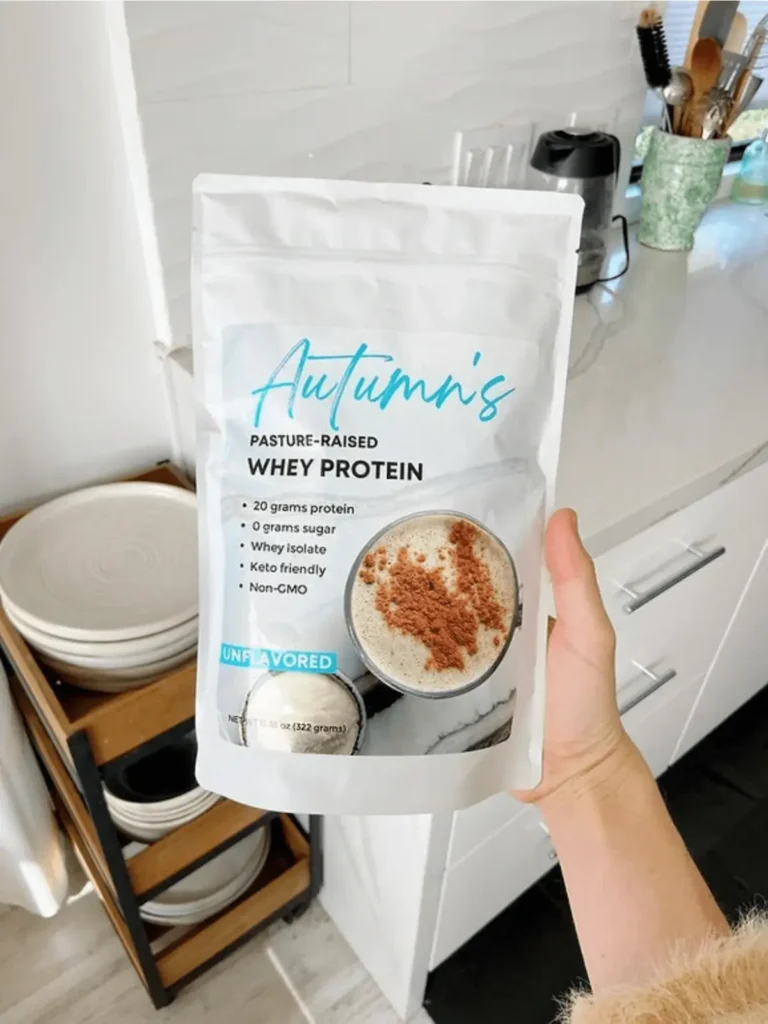When you work the night shift, your eating and sleeping patterns are much different than the general population. So if you’re also following an Intermittent Fasting schedule, do you need to make any significant changes to see best results?
Today, I’m sharing 3 Intermittent Fasting tips for night shift workers to help you feel your best while Intermittent Fasting.

Tip 1: Meal Timing
The one thing that won’t change whether you’re following a night shift schedule or not is that your eating window will get smaller. I typically recommend starting with a 12 hour fast (with 12 hours of eating per day) to help the body ease into Intermittent Fasting.
With night shifts, it’s ideal to break your fast a few hours after you’ve woken up. For example, if your shift typically ends at 7am and you go to bed at 9am, then your first meal would be around 7 or 8pm. Once you start extending your fast to 14 or perhaps 16 hours, you might start pushing your eating window start time to your night shift “lunch break”.
Dee, who is a nurse that practices Intermittent Fasting, gives her tips and examples of her eating schedule with the video below.
The timing of your last meal also matters. Eating too close to bedtime can disrupt sleep patterns and work against weight loss and wellness goals. Ideally, aim for your last meal to be around 1-2 hours before you hit the hay.
And what you eat matters. Multiple studies have found that processed and ultra processed meals can negatively impact sleep quality.(1) Not to mention processed foods tend to greatly spike the storing hormone insulin and work against weight loss goals. Focusing on whole food sources of high quality protein, fat and fiber are key to maximizing sleep quality and Intermittent Fasting results with shift work.
Unfortunately, most food available late in the evening are likely highly processed. So prepping fast and easy meals that are rich in protein, fat and fiber to bring with you on the go will be a crucial step in your Intermittent Fasting success.
In our Complete Intermittent Fasting Bundle used by thousands of men and women around the world (including Dee from the video above!), we have over 100 simple and delicious meals tailored to support Intermittent Fasting. Some community favorites are the Pumpkin Chili Goodness, Weeknighter Bake, Coconut Berry Chia Pudding, Superfood Pancakes and Blueberry Hemp Smoothie.
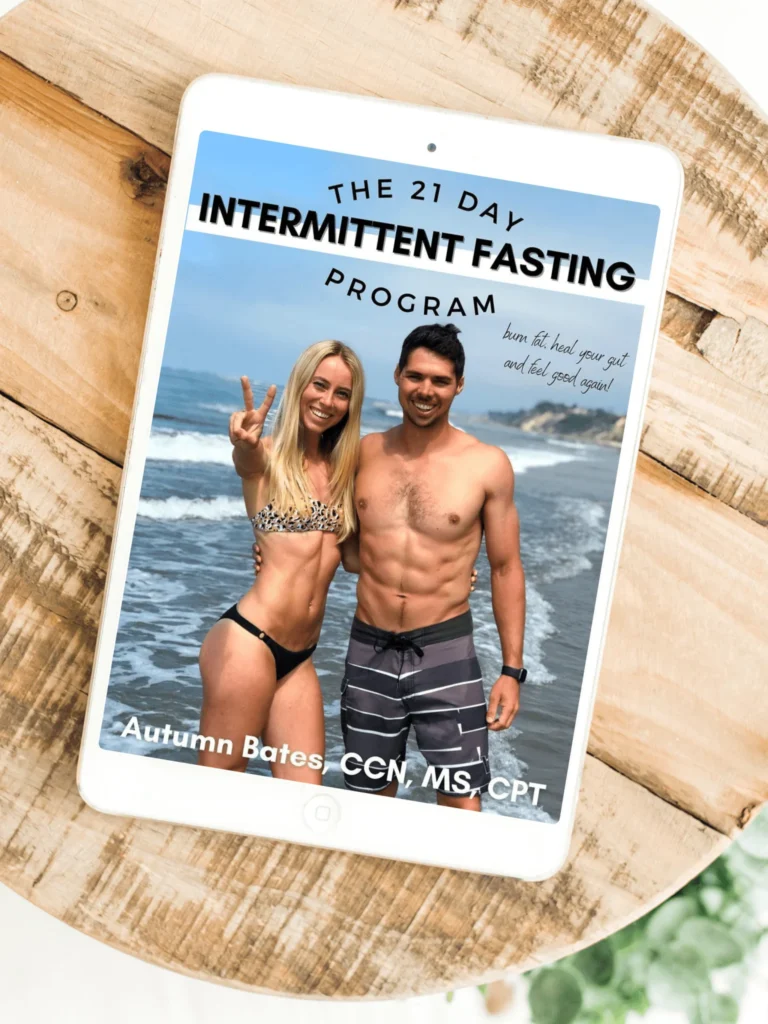
Tap into fat burning
The 21 Day Intermittent Fasting Program
The 21 Day Intermittent Fasting Program provides step-by-step strategies to help you use Intermittent Fasting with delicious, protein-packed meals to support fat loss, reduce hunger, and boost gut health.
Tip 2: Afternoon Sunlight
Aiming to normalize the circadian rhythm as much as possible can help you to feel more energized throughout your shift work.
Depending on your shift work schedule, if there are a few hours of afternoon sunlight available when you wake-up, it will be crucial to get outside and spend some time in it. Sunlight tells our brain that it’s time to wake-up and helps to release the hormone cortisol. Excessive levels of cortisol all day can be a problem.
However, you actually want higher levels of cortisol in the “morning” (or when you wake-up) to help you feel energized for the day.
This time is likely also going to still fall within your fasting window for the day. To maximize for fat burning, you can head outside for a 20-30 minute fasted walk in the afternoon sun. This doubles down on the perks of exposing your eyes to sunlight and the perks of a low intensity exercise to help the body use fat as fuel.

Tip 3: Get Better Sleep
If your goal with Intermittent Fasting is to lose weight, then optimizing your sleep with shift work should be top priority. Poor sleep quality is directly tied to weight gain around the belly.(2) Even though your sleep schedule won’t align with a typical circadian rhythm, you can at least optimize it for deep, high quality sleep. Here are a few tips you can test out:
Optional ~ experiment with melatonin. This can be useful if you get home when it’s already starting to get light out or if you don’t have blackout curtains. For most people, I don’t recommend melatonin as it can naturally be produced with the above tips. However, shift workers are in a unique situation where melatonin might be useful.
Don’t eat your last meal too close to bed. This can impair sleep quality. Aim for your last meal to be at least 1 hour before bed.
Go for a short 5 minute walk before bed (if it’s still dark out when you get home). This exposure to darkness can help your brain to naturally trigger the sleep hormone melatonin to be released.
Use black out curtains and a sleep mask. Darkness is a great tool to improve high quality deep sleep.

